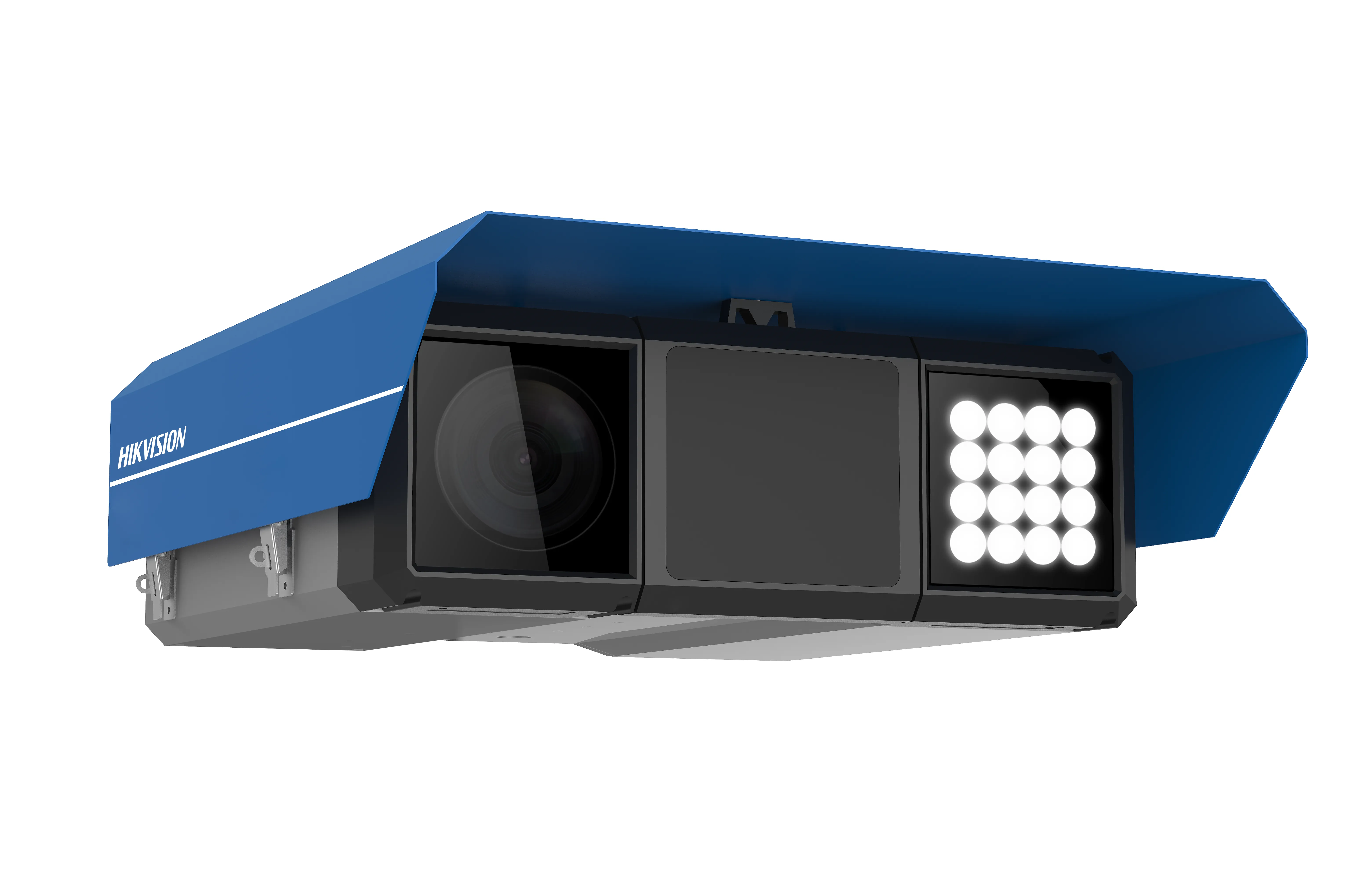Schneider Electric is to implement what is said to be one of Brazil’s first three Multi-Lane Free-Flow (MLFF) systems for highway concession company Renovias, enabling the concessionaire to carry out electronic toll collection without the need for toll collectors or requiring vehicles to stop. Schneider says this will improve drivers’ experience when travelling through the toll stations, while being able to travel at a constant speed will reduce waiting times, traffic jams and emissions. The project inclu
March 6, 2013
Read time: 2 mins
Schneider says this will improve drivers’ experience when travelling through the toll stations, while being able to travel at a constant speed will reduce waiting times, traffic jams and emissions.
The project includes vehicle detection and classification technology based on the number of MLFF axes, a simultaneous 5.8 GHz and 900 MHz tag reading system, a front and rear licence plate reading system, an advanced monitoring system, and a back office system for manual and automatic image recognition.
Schneider Electric will implement its SmartMobility tolling solution, which it says reduces operational requirements and maximises the reliability of vehicle detection due to its simultaneous double tag reading system. The back office system will optimise toll system operations and management, improve processes and reduce operational costs.
According to Ignacio González, executive vice president for smart infrastructure at Schneider Electric: “We are proud to continue providing the people of Brazil with tolling solutions that increase efficiency and reliability in the collection operations conducted by concessionaires and provide higher levels of driver comfort”.










